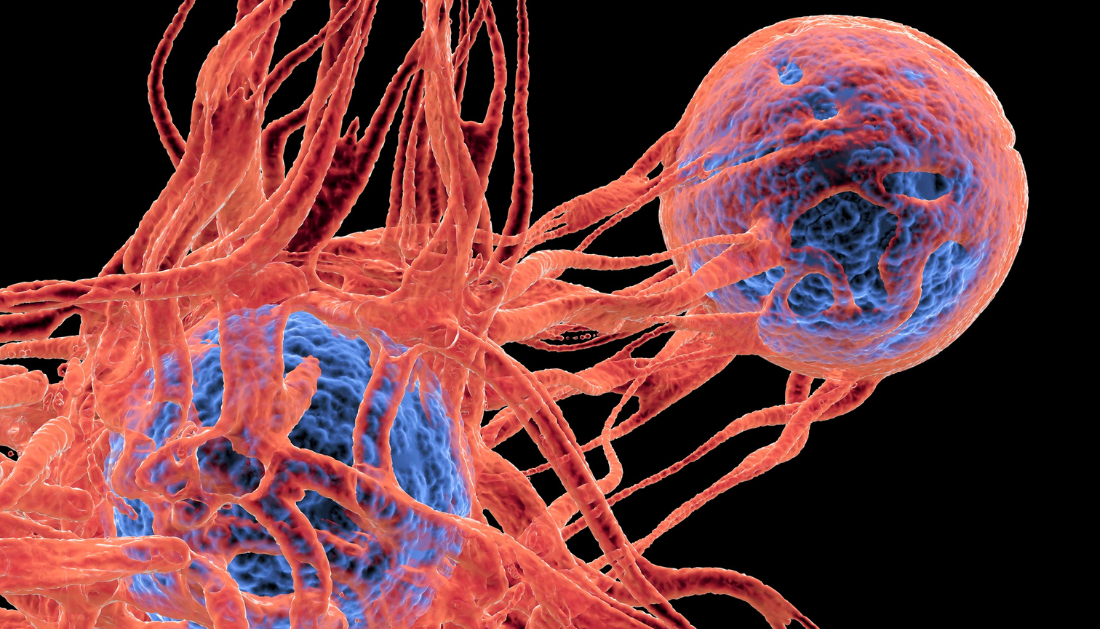

In a revolutionary breakthrough, scientists at KAIST (Korea Advanced Institute of Science and Technology) have developed a cancer therapy technology that can convert colon cancer cells into normal-like cells without destroying them. This innovative approach addresses key limitations of traditional cancer therapies, including drug resistance, cancer recurrence, and severe side effects caused by the destruction of healthy cells.
Led by Professor Kwang-Hyun Cho from the Department of Bio and Brain Engineering, the research team explored how normal cells lose their differentiated state during cancer development. By leveraging this understanding, they created a digital twin model of gene networks associated with cellular differentiation.
Through advanced simulation analysis, the team identified critical molecular switches responsible for initiating normal cell differentiation. When applied to colon cancer cells, these switches effectively reversed the cells to a normal-like state—a result validated through molecular analysis, cellular experiments, and animal studies.
This discovery represents a significant departure from conventional cancer treatments focused on eradicating cancer cells. Instead of eliminating them, this method reprograms cancer cells, offering a reversible cancer therapy that reduces side effects and prevents resistance.
Professor Cho emphasized, “This research introduces the novel concept of reversible cancer therapy by reverting cancer cells to normal cells. It provides a systematic method for identifying key molecular targets and opens doors for therapies applicable to various cancer types.”
The study, published in Advanced Science by Wiley, highlights the potential of this groundbreaking technology to transform cancer treatment. Additionally, the findings have been transferred to BioRevert Inc., a company dedicated to advancing practical applications of cancer reversion therapies.
Supported by the Ministry of Science and ICT and the National Research Foundation of Korea, this research marks a turning point in oncology, showing how digital twin technologies and molecular reprogramming can offer safer, more effective cancer therapies.
More Information: Gong, J., et al. (2024). Control of Cellular Differentiation Trajectories for Cancer Reversion. Advanced Science. doi.org/10.1002/advs.202402132.
more recommended stories
 Phage Therapy Study Reveals RNA-Based Infection Control
Phage Therapy Study Reveals RNA-Based Infection ControlKey Takeaways (Quick Summary) Researchers uncovered.
 Safer Allogeneic Stem Cell Transplants with Treg Therapy
Safer Allogeneic Stem Cell Transplants with Treg TherapyA new preclinical study from the.
 AI in Emergency Medicine and Clinician Decision Accuracy
AI in Emergency Medicine and Clinician Decision AccuracyEmergency teams rely on rapid, accurate.
 Innovative AI Boosts Epilepsy Seizure Prediction by 44%
Innovative AI Boosts Epilepsy Seizure Prediction by 44%Transforming Seizure Prediction in Epilepsy Seizure.
 Hypnosis Boosts NIV Tolerance in Respiratory Failure
Hypnosis Boosts NIV Tolerance in Respiratory FailureA New Approach: Hypnosis Improves NIV.
 Bee-Sting Microneedle Patch for Painless Drug Delivery
Bee-Sting Microneedle Patch for Painless Drug DeliveryMicroneedle Patch: A Pain-Free Alternative for.
 AI Reshapes Anticoagulation in Atrial Fibrillation Care
AI Reshapes Anticoagulation in Atrial Fibrillation CareUnderstanding the Challenge of Atrial Fibrillation.
 Hemoglobin as Brain Antioxidant in Neurodegenerative Disease
Hemoglobin as Brain Antioxidant in Neurodegenerative DiseaseUncovering the Brain’s Own Defense Against.
 Global Data Resource for Progressive MS Research (Multiple Sclerosis)
Global Data Resource for Progressive MS Research (Multiple Sclerosis)The International Progressive MS Alliance has.
 AI Diabetes Risk Detection: Early T2D Prediction
AI Diabetes Risk Detection: Early T2D PredictionA new frontier in early diabetes.

Leave a Comment